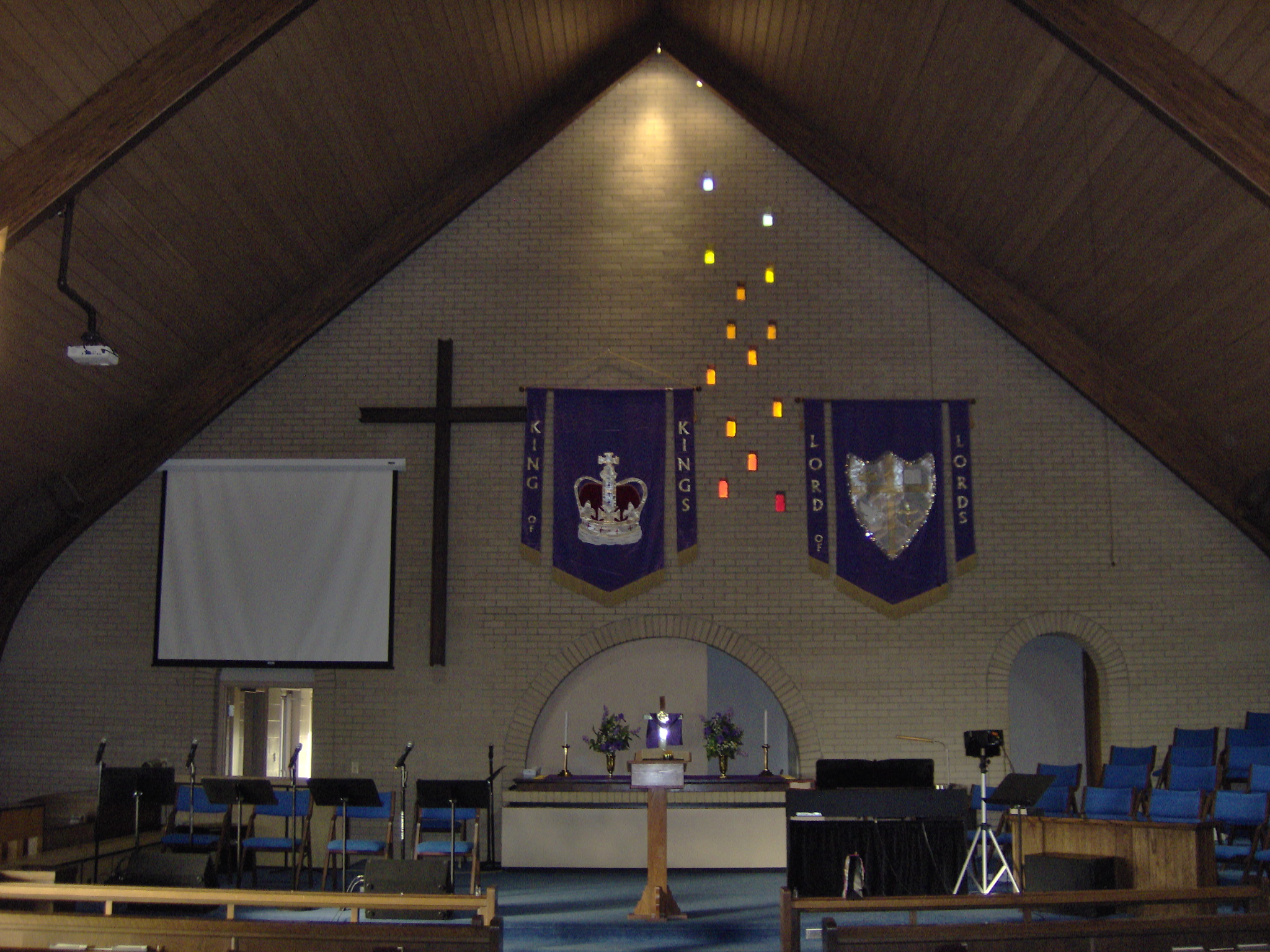Truth and Judgment
Acts 5:1-11
Acts 5:1–11 (NIV): 5 Now a man named Ananias, together with his wife Sapphira, also sold a piece of property. 2 With his wife’s full knowledge he kept back part of the money for himself, but brought the rest and put it at the apostles’ feet.
3 Then Peter said, “Ananias, how is it that Satan has so filled your heart that you have lied to the Holy Spirit and have kept for yourself some of the money you received for the land? 4 Didn’t it belong to you before it was sold? And after it was sold, wasn’t the money at your disposal? What made you think of doing such a thing? You have not lied just to human beings but to God.”
5 When Ananias heard this, he fell down and died. And great fear seized all who heard what had happened. 6 Then some young men came forward, wrapped up his body, and carried him out and buried him.
7 About three hours later his wife came in, not knowing what had happened. 8 Peter asked her, “Tell me, is this the price you and Ananias got for the land?”
“Yes,” she said, “that is the price.”
9 Peter said to her, “How could you conspire to test the Spirit of the Lord? Listen! The feet of the men who buried your husband are at the door, and they will carry you out also.”
10 At that moment she fell down at his feet and died. Then the young men came in and, finding her dead, carried her out and buried her beside her husband. 11 Great fear seized the whole church and all who heard about these events.
This story has three parts:
- Theological Significance
- Ethical Practice
- Ecclesiological (Community) Importance
Issues brought into this story:
- Deception
- Confrontation
- Immediate Judgement
- Complicity Leads to Death
- Fear (phobos megas)
Ekklesia is first mentioned in Acts as “church” (community)
The authority and power of the Holy Spirit in amongst the initial church meant complete submission to him. To test him with wrong motives is a death sentence.
Leviticus 10:1–3 (NRSVue): 10 Now Aaron’s sons Nadab and Abihu each took his censer, put fire in it, and laid incense on it, and they offered unholy fire before the LORD, such as he had not commanded them. 2 And fire came out from the presence of the LORD and consumed them, and they died before the LORD. 3 Then Moses said to Aaron, “This is what the LORD meant when he said,
‘Through those who are near me
I will show myself holy,
and before all the people
I will be glorified.’ ”
And Aaron was silent.
Joshua 7:1–5 (NRSVue): 7 But the Israelites broke faith in regard to the devoted things: Achan son of Carmi son of Zabdi son of Zerah, of the tribe of Judah, took some of the devoted things, and the anger of the LORD burned against the Israelites.
2 Joshua sent men from Jericho to Ai, which is near Beth-aven, east of Bethel, and said to them, “Go up and spy out the land.” And the men went up and spied out Ai. 3 Then they returned to Joshua and said to him, “Not all the people need go up; about two or three thousand men should go up and attack Ai. Since they are so few, do not make the whole people toil up there.” 4 So about three thousand of the people went up there, and they fled before the men of Ai. 5 The men of Ai killed about thirty-six of them, chasing them from outside the gate as far as Shebarim and killing them on the slope. The hearts of the people melted and turned to water.
2 Samuel 6:6–7 (NRSVue): 6 When they came to the threshing floor of Nacon, Uzzah reached out his hand to the ark of God and took hold of it, for the oxen lurched. 7 The anger of the LORD was kindled against Uzzah, and God struck him there, and he died there beside the ark of God.
God is to be in control and God’s holiness and justice REMAIN UNDIMISHED, even after the death and resurrection of Jesus.
Ethical teachings
- Preserve the Integrity of the ekklesia (community)
- The Dangers of Hypocrisy and the Desire for Reputation OVER Reality (truth)
- Fear Led to a Greater Reverence of God
We must examine motives, recognize the temptations of hypocricy, and sanctify ekklessia communal life.
This story goes against how many people celebrate the grace and mercy of God and the sacrifice of Jesus. When we desire to have God’s presence, he will sanctify the space and the people. What we gain is God, what we should lose are the human problems of personal motives, the desire to be recognized for doing “good” things, and doing things that damage your integrity (lie, gossip, slander, covet, manipulate, and enforce personal opinions and gratifications).
